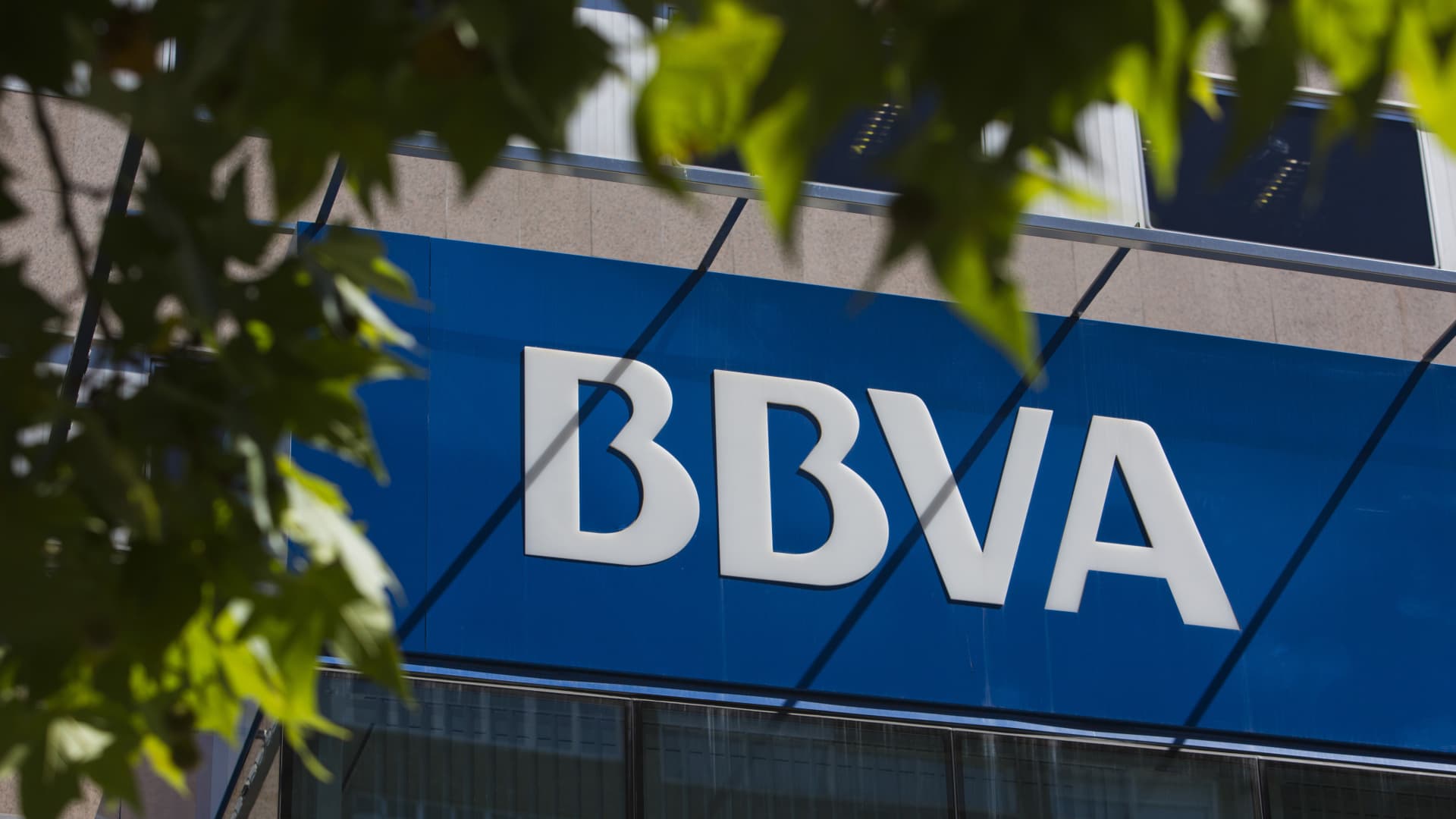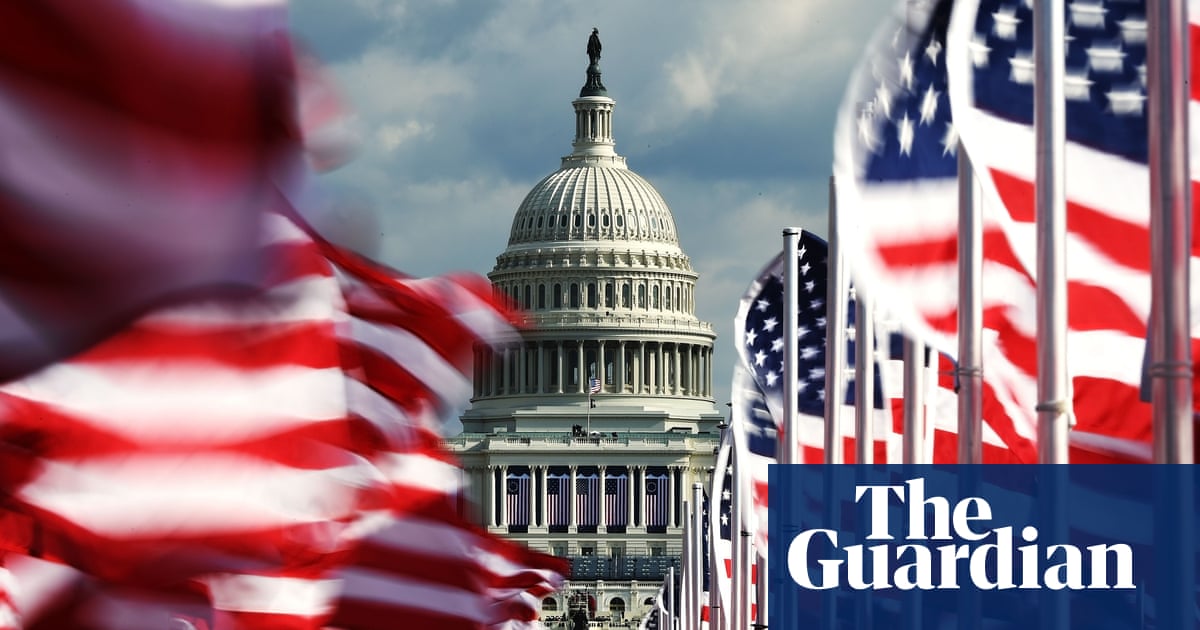- Girl Economics
- Posts
- Fabienne Bull: Incoming Analyst at Goldman Sachs, National Netball Player, Warwick Think Tank President
Fabienne Bull: Incoming Analyst at Goldman Sachs, National Netball Player, Warwick Think Tank President

I am hugely excited to be bringing you today’s interview with Fabienne Bull, a PPE student at Warwick who will be working as a Global Markets Analyst at Goldman Sachs from next year. Having balanced her degree, playing netball at a national level, and being involved in clubs and societies (including being President of the Warwick Think Tank), she has lots of tips and experiences to share.
Lastly, I’ve been getting lots of messages on LinkedIn asking how you can get involved with Girl Economics. As of today, I have opened up applications to join the Outreach, Interview Management, and Economic Affairs teams! If you’re interested, you can access the application on the Girl Economics LinkedIn page.
An Interview with Fabienne Bull
 | BSc PPE student at the University of Warwick and incoming Global Markets Analyst at Goldman Sachs. |
Why have you decided to share your advice and experiences with Girl Economics?
Trying to navigate the world of finance (and graduate careers more broadly) can be really challenging. I’m the first to admit I felt overwhelmed when I joined university; a degree in PPE lends itself to a lot of different career paths, and I had no real idea of what I’d like to do most. Talking to others and learning from different people’s experiences was the most significant factor in helping me narrow down finance, and then global markets, as my ultimate goal. Without these iterative discussions I would’ve really struggled to identify the area that both most suited and most interested me. If you’re not from a finance background, or you don’t have friends pursing similar careers, there can oftentimes be an information barrier to fully grasping different options and routes. I definitely felt this gap, and so now try to help to inform others as much as I can.
What led you to decide to accept your full-time offer to work at Goldman Sachs?
Aside from GS’ obvious successes, I was genuinely surprised at the culture of collaboration and sharing that the firm fosters. Both within their trading academy, and then as a summer intern, I was given a huge amount of time by so many incredible people working in all aspects of the business. Having the opportunity to learn from and work alongside some of the best people out there is a real privilege, and for those very people to be so encouraging, and take an active interest in what I was doing was something I didn’t think I’d experience until I was considerably more accomplished. From my own experiences and the discussions that I’ve had with peers and professionals in other firms, this culture of collective responsibility and willingness to push one another seems singular to GS, and was the ultimate factor that drove me to accept my full-time offer to work there.
If previous polls are anything to go by, the vast majority of student readers of this newsletter are looking at the potential of a career in finance.
Goldman Sachs [https://www.goldmansachs.com/about-us/index.html] has some brilliant opportunities for the 2025 intake which you should definitely consider bookmarking now:
Summer Internship: https://www.goldmansachs.com/careers/students/programs/emea/2025-summer-analyst-programme.html
Spring Week: https://www.goldmansachs.com/careers/students/programs/emea/get-set-for-gs-spring-insight-programme.html
Work Experience: https://www.goldmansachs.com/careers/students/programs/emea/work-placement-programme.html
Women’s Investing Academy: https://www.goldmansachs.com/careers/students/programs/emea/womens-investing-academy.html
As president of the Warwick Think Tank Society, how would you describe the role of think tanks in shaping contemporary debate?
Think Tanks have a fairly unique role in shaping contemporary debate. Whilst each specific think tank can certainly vary, their research and analysis are key drivers of public debate and policymaking, and their presence can act as a critical means of holding government and other institutions accountable. Warwick Think Tank (WTT) has a particularly specific role. Given its university base, WTT serves as a dynamic and politically natural space to bring together a community of diverse students to engage in the world of policy. Aside from research reports and policy articles, WTT helps foster discussions and interests between students on all policymaking areas through the organisation of events, career advice, and competitions.
A think tank is a research institute that seeks to play a key role in making and influencing global, regional and national policy. They often focus on specific sectors or issues such as trade liberalisation, reducing poverty, or promoting education.
Getting involved in student think tanks can be a great way to create change within the issues that matter most to you. Take a look at the Warwick Think Tank here: https://www.warwickthinktank.com
Having balanced playing sport at a high level with your studies and career aspirations, what is your advice to students on how to achieve a good work-life balance?
Firstly, don’t let anyone tell you that you won’t be able to keep a balance; over the years, I’ve had numerous people tell me how it won’t be feasible to keep playing netball nationally whilst studying, and (so far) I can confirm they were entirely wrong. You know better than anyone the limits of your own time and efforts, and so the key thing initially is simply committing to whatever it is that you’d like to do. After that, it’s a case of fine tuning. Most things in life involve some kind of compromise, so you may not be able to do absolutely everything. But you can work this out yourself, and then keep refining the balance as your situation changes. Whilst studying for the IB, I had to travel 3.5 hours each way to training twice a week. This meant, if I wanted to get the grades I was targeting, I needed to utilise this time to revise. I audio recorded flashcards that I could listen to whilst driving, or booked train journeys so that I could study whilst on the move. Finding solutions like this is sometimes necessary, and is absolutely worth it if it enables the continuation of something you love to do.
Work-life balance has become quite the buzzword recently and there are more and more resources out there to help you strike a manageable balance between studying or working and finding time for yourself.
Especially as we move towards exam season, here are some additional resources that are worth taking a moment to read through:
https://www.mentalhealth.org.uk/explore-mental-health/a-z-topics/work-life-balance
What would you recommend to students wanting to follow a similar career path as yourself?
Keep learning, keep asking questions, keep reaching out to people who can share their own experiences. Try to get as big a picture of the role you’d like to occupy, and then make sure that some of the things you’re doing currently relate to it. You shouldn’t do this simply because you have to, but because you want to; if you don’t enjoy any of the work required to get a role, maybe that role isn’t for you.
I’d like to extend a huge thank you to Fabienne for taking the time to respond to our questions! She has given some brilliant advice that I’m certain many readers, particularly those who are looking towards a career in finance in the future, will greatly benefit from!
The biggest thing that I have taken away from Fabienne’s journey is what she said about maintaining balance, especially moving into exam season:
“Most things in life involve some kind of compromise, so you may not be able to do absolutely everything. But you can work this out yourself, and then keep refining the balance as your situation changes.”
News
The Headlines
The Bank of England signalled a possible rate cut in June to combat low inflation during a press conference yesterday, despite keeping borrowing costs at 5.25%. Governor Andrew Bailey expressed optimism about inflation trends, but there were divisions within the Monetary Policy Committee, with some members advocating for a rate cut due to downward inflation trajectory, while others highlighted elevated services price inflation as a reason to keep interest rates high.
Apple's new iPad advert, featuring a hydraulic press crushing creative tools such as a piano, has faced significant backlash for cultural insensitivity, with critics arguing it undermines human creativity. While some see it as a fun and memorable way to advertise the iPad, have condemned it as emblematic of Silicon Valley's negative impact on society.
The UK government has postponed plans for a large-scale hydrogen heating trial, opting to review the role of hydrogen in decarbonisation by 2026. This decision follows the abandonment of two smaller trials last year due to local opposition and limited gas availability. Critics argue that heat pumps would be a more efficient alternative to hydrogen for heating homes.
Short Read of the Day
Long Read of the Day
Video of the Day
Thanks for reading! See you in the next issue - Erin McGurk


Reply